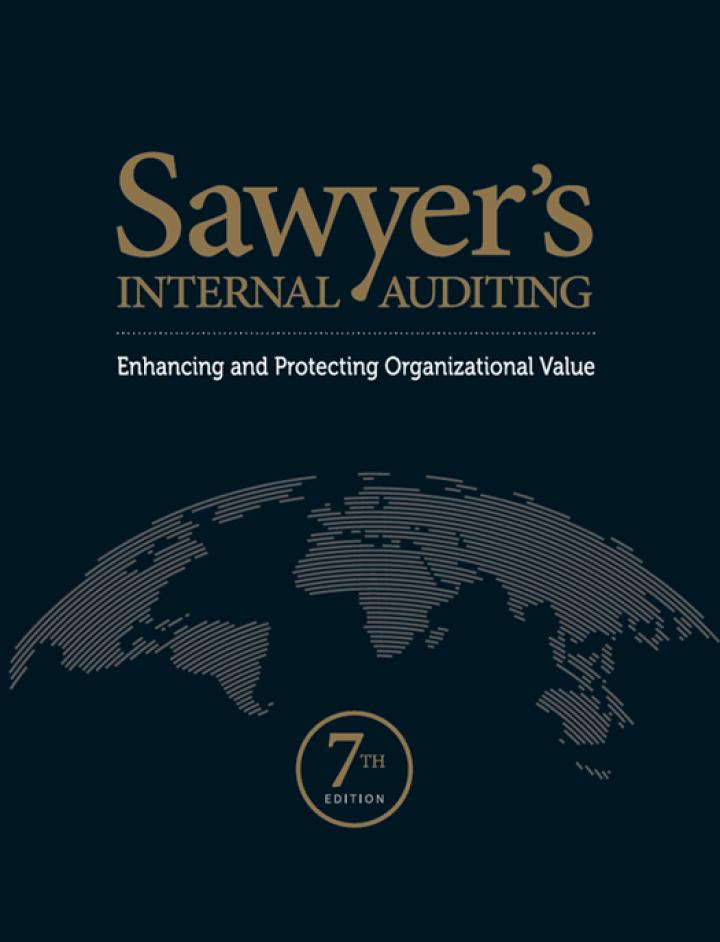Question
Recording Equity Journal Entries and Reporting Stockholders Equity Haywood Co. is a publicly owned company whose shares are traded on a national stock exchange. At
Recording Equity Journal Entries and Reporting Stockholders Equity
Haywood Co. is a publicly owned company whose shares are traded on a national stock exchange. At January 1 Haywood had 30 million shares of $10 par value common stock authorized, of which 18 million shares were issued and 17 million shares were outstanding.
The stockholders equity accounts at January 1 had the following beginning balances ($ millions).
| Common stock | $180 |
| Paid-in capital in excess of par | 96 |
| Retained earnings | 60 |
| Treasury stock | (22) |
During the year, Haywood had the following transactions.
1. On February 1, a secondary distribution of 2 million shares of $10 par value common stock was completed. The stock was issued to the public at $18 per share, net of issue costs. 2. On February 15, issued at $110 per share, 120,000 shares of $100 par value, 8% cumulative preferred stock. 3. On March 1, reacquired 24,000 shares of its common stock for $18.50 per share for the treasury. 4. On March 31, declared a semi-annual cash dividend on common stock of 10 cents per share, payable on April 30 to stockholders of record on April 10. 5. On May 31, when the market price of the common stock was $20 per share, declared a 5% stock dividend distributable on July 1 to stockholders of record on June 1. 6. On June 30, sold the 24,000 treasury shares reacquired on March 1 and an additional 336,000 treasury shares costing $6.7 million that were held at the beginning of the year. The selling price was $25 per share. 7. On September 30, declared a semi-annual cash dividend on common stock of 10 cents per share and the yearly dividend on preferred stock, both payable on October 30 to stockholders of record on October 10. 8. Net income for the year was 30.0 million.

Step by Step Solution
There are 3 Steps involved in it
Step: 1

Get Instant Access to Expert-Tailored Solutions
See step-by-step solutions with expert insights and AI powered tools for academic success
Step: 2

Step: 3

Ace Your Homework with AI
Get the answers you need in no time with our AI-driven, step-by-step assistance
Get Started


